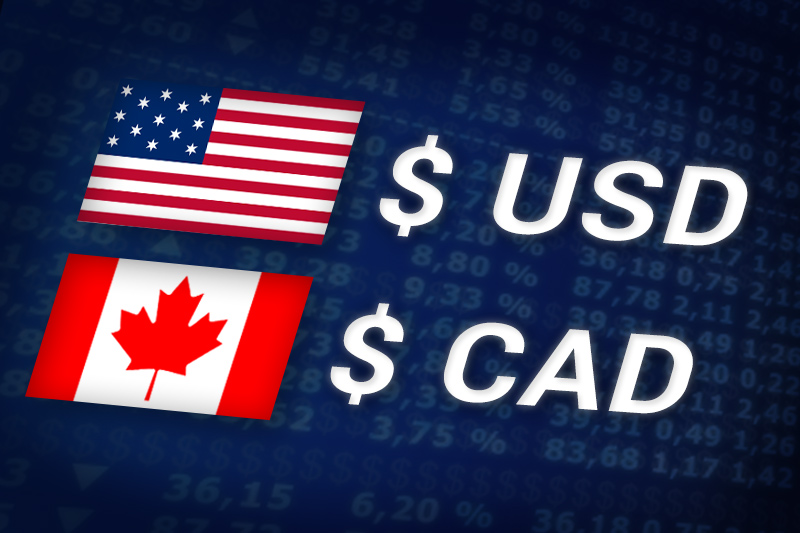Investing.com – The U.S. dollar rose against its Canadian counterpart on Thursday, approaching a 2-month high it hit earlier in the day, after official data showed that Canadian building permits rose more than expected in March.
USD/CAD rose 0.4% to hit 1.035 during European afternoon trade, nearing the daily high of 1.0407, the pair's highest since March 2. The pair was likely to find support at 0.9931, the low of April 21, and resistance at 1.0679, the high of Feb. 25.
Earlier in the day, Statistics Canada said the value of Canadian building permits leaped 12.2 percent in March from February as both residential and nonresidential sectors strengthened.
The report came as the U.S. Labor Department said the number of U.S. workers filing new applications for unemployment insurance dropped slightly less than expected last week.
Meanwhile, the loonie also slid versus the yen, with CAD/JPY tumbling 0.7% to hit 90.37.
Also Thursday, Pimco, the world's largest bond house, launched a blistering attack on the credit ratings agencies, accusing them of allowing Greece's debt crisis to occur because of their "blind faith" in sovereign solvency.
USD/CAD rose 0.4% to hit 1.035 during European afternoon trade, nearing the daily high of 1.0407, the pair's highest since March 2. The pair was likely to find support at 0.9931, the low of April 21, and resistance at 1.0679, the high of Feb. 25.
Earlier in the day, Statistics Canada said the value of Canadian building permits leaped 12.2 percent in March from February as both residential and nonresidential sectors strengthened.
The report came as the U.S. Labor Department said the number of U.S. workers filing new applications for unemployment insurance dropped slightly less than expected last week.
Meanwhile, the loonie also slid versus the yen, with CAD/JPY tumbling 0.7% to hit 90.37.
Also Thursday, Pimco, the world's largest bond house, launched a blistering attack on the credit ratings agencies, accusing them of allowing Greece's debt crisis to occur because of their "blind faith" in sovereign solvency.
